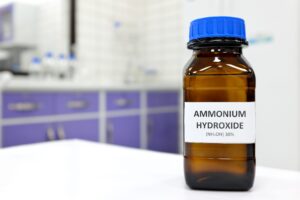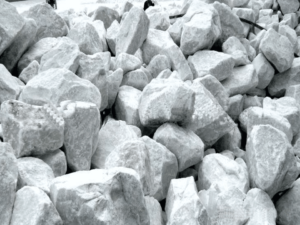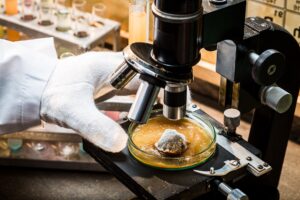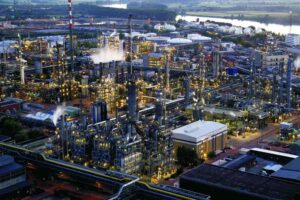Chlorinated Paraffin Wax (CPW) is a fascinating chemical compound that finds its way into numerous industries, from plastics to rubber, and even as a flame retardant in various products. Spartan Wax, a leading brand in this field, offers CPW with 52% chlorine content, making it a versatile choice for a wide range of applications. Let’s explore the chemistry, properties, and applications of chlorinated paraffin wax.
The Chemistry of Chlorinated Paraffin Wax:
At its core, chlorinated paraffin wax is derived from long-chain hydrocarbons, typically straight-chain alkanes. These alkanes are subjected to a chlorination process, where chlorine gas is added to their molecular structure. This chemical transformation leads to the creation of CPW, with the degree of chlorination varying based on the intended use.
Spartan Wax’s CPW 52% is a remarkable product in this regard. The 52% chlorine content means that more than half of the hydrogen atoms in the hydrocarbon chain have been replaced by chlorine atoms. This high degree of chlorination gives the wax distinctive properties that make it suitable for a wide range of applications.
Properties of Chlorinated Paraffin Wax:
1. Flame Retardancy:
One of the standout features of CPW is its flame retardant properties. This makes it an invaluable component in the manufacturing of various products, such as PVC cables, conveyor belts, and even automotive upholstery. The high chlorine content acts as a flame inhibitor, reducing the risk of ignition and slowing down the spread of flames in case of a fire.
2. Plasticizers:
CPW also serves as a plasticizer in the plastics and rubber industries. As a plasticizer, it enhances the flexibility and durability of plastic and rubber products, making them more resistant to wear and tear. This property is particularly beneficial in the production of PVC pipes, hoses, and various molded products.
3. Chemical Stability:
Chlorinated paraffin wax exhibits excellent chemical stability. It is resistant to a wide range of chemicals, which makes it suitable for use in the formulation of lubricating oils, paints, and coatings. This chemical stability ensures that products containing CPW have a longer shelf life and maintain their performance even under challenging conditions.
4. Low Volatility
Unlike some other chemicals, CPW has low volatility, meaning it doesn’t easily evaporate into the atmosphere. This makes it an ideal choice for applications where chemical stability and minimal vapor emissions are crucial.
Applications of Spartan Wax CPW 52%:
- Plastic Industry: Spartan Wax CPW 52% is widely used as a plasticizer in the manufacturing of PVC products, including cables, flooring, and pipes. Its flame-retardant properties make it an essential component in PVC formulations.
- Rubber Industry: CPW is a key ingredient in the rubber industry, where it improves the flexibility and durability of rubber products, such as conveyor belts and automotive components.
- Coatings and Paints: The chemical stability of CPW makes it a valuable component in the formulation of paints and coatings. It helps maintain the integrity of these products, ensuring long-lasting performance.
- Lubricants: In the automotive and industrial sectors, CPW is used in the production of specialized lubricants that can withstand harsh operating conditions.





